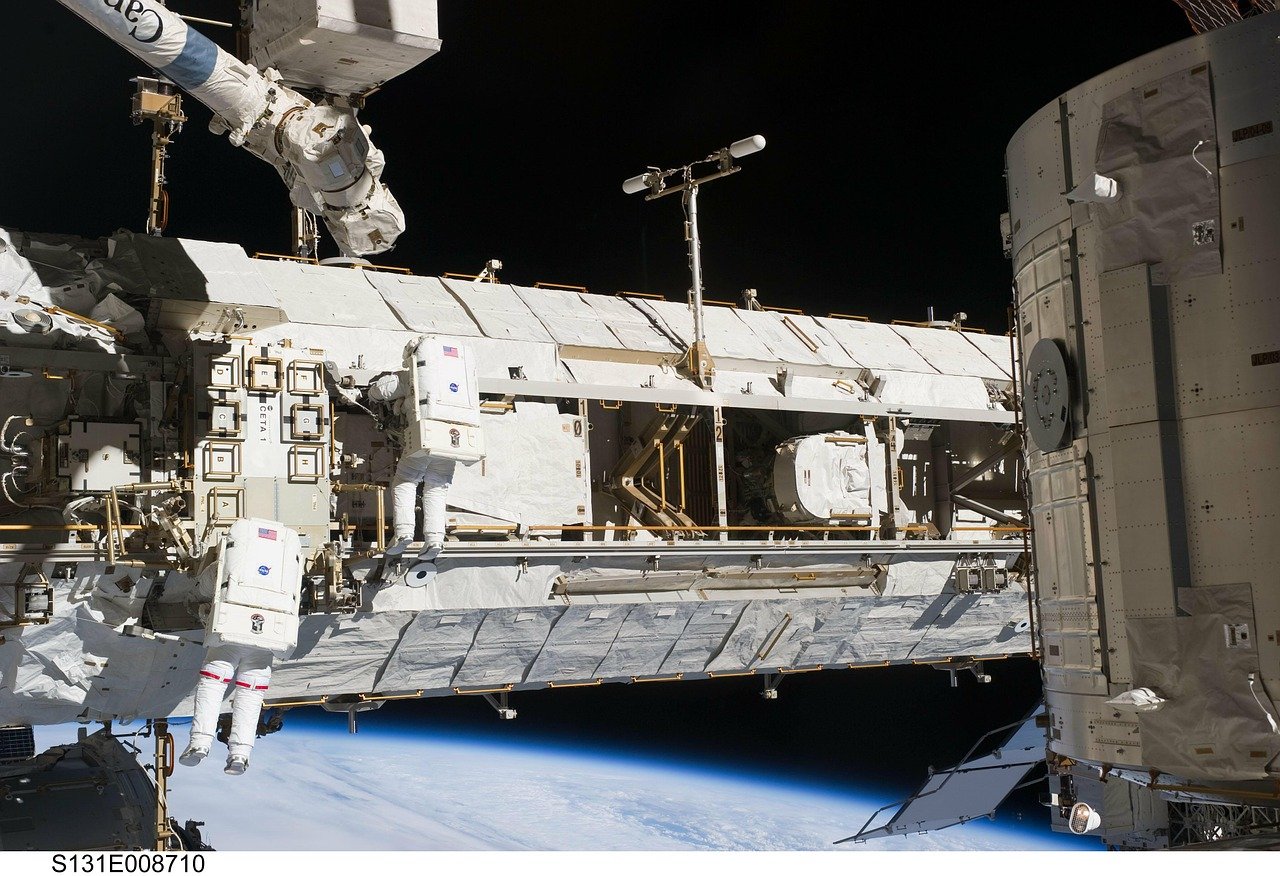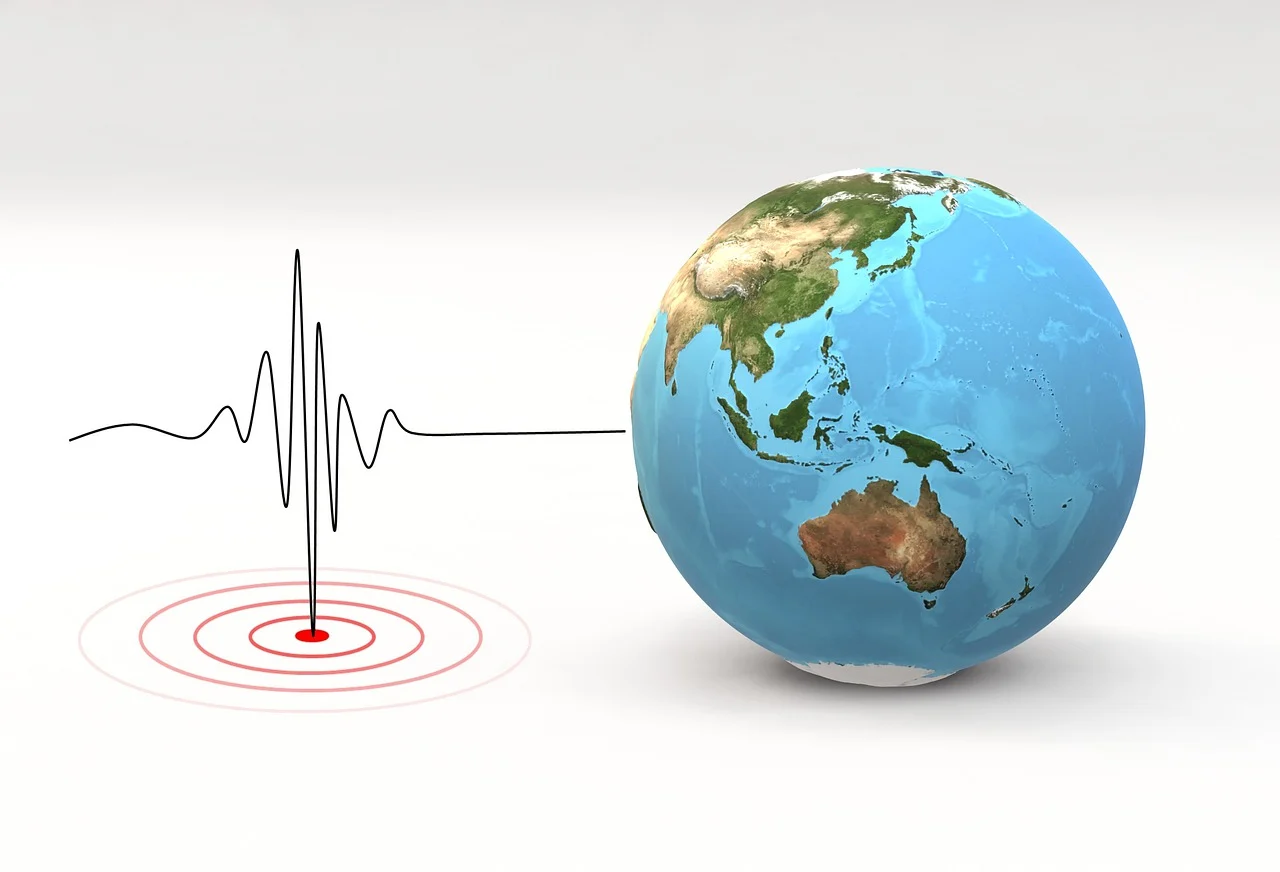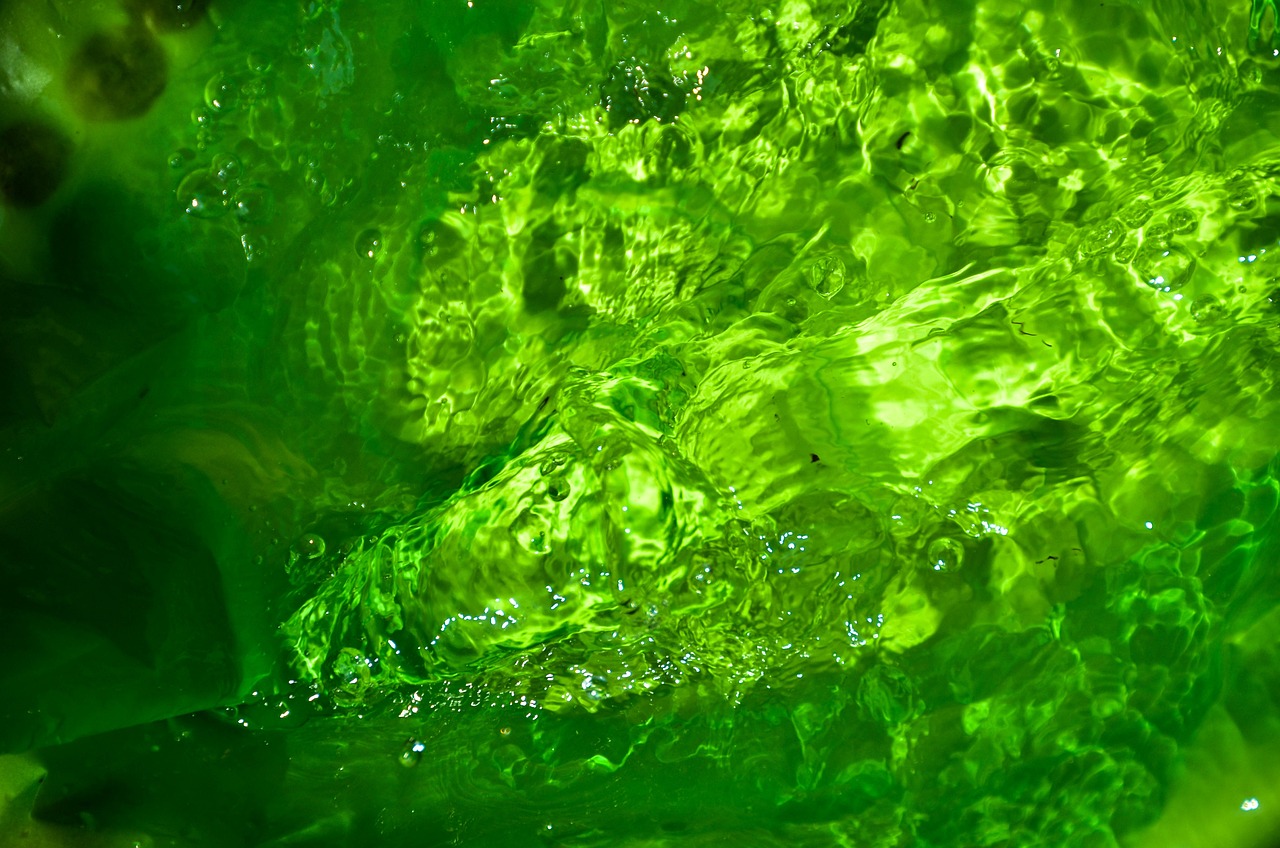Fruit Flies Take Flight: A Bold Experiment in Space
China’s space program has taken an intriguing turn with the deployment of fruit flies to its Tiangong space station. This unique experiment aims to study the effects of microgravity and reduced magnetic fields on living organisms. By observing the behavior, growth, and reproduction of these tiny creatures, scientists hope to gain valuable insights into the biological changes induced by spaceflight.
Why Fruit Flies? The Perfect Space Pioneers
Fruit flies, widely used as model organisms in biological research, are ideal for space experiments due to their short lifespan and rapid reproductive cycle. Furthermore, their genetic similarity to humans in key biological pathways makes them a valuable subject for such studies. By analyzing their genetic and physiological responses to the unique conditions of space, researchers aim to uncover fundamental biological mechanisms that could have implications for human health and future space exploration.
Unraveling Cellular Mysteries in Microgravity
One key area of interest is the impact of microgravity on cellular processes. Specifically, in such environments, cells may exhibit altered gene expression, protein synthesis, and cell division. Thus, studying fruit flies allows scientists to investigate these cellular changes at a molecular level.
In addition to microgravity, the experiment will explore how reduced magnetic fields influence development and behavior in living organisms. This aspect is particularly intriguing, as it could offer new perspectives on how magnetic forces interact with biological systems.
Advancing Human Space Exploration
The data collected from this study could deepen our understanding of the physiological challenges faced by astronauts during long-duration space missions. Consequently, identifying potential health risks and developing countermeasures will help pave the way for safer and more sustainable human space exploration.
As China continues to expand its space program, innovative experiments like this one underscore the nation’s commitment to scientific discovery. Moreover, they highlight its potential to make significant contributions to our understanding of the universe and its effects on life.







